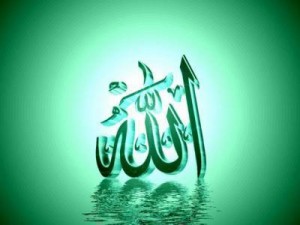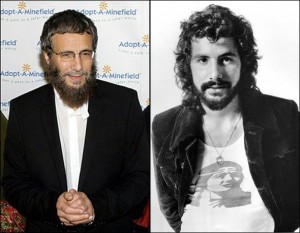7. How Do Muslims View the Nature of Man, the Purpose of Life and the Life Hereafter?
In the Holy Qur’aan, Allaah teaches human beings that they were created in order to glorify and worship Him, and that the basis of all true worship is God-consciousness. All of Allaah’s creatures worship him naturally and only the humans have the free will to worship Allaah their Creator or to reject Him. This is a great test, but also a great honor. Since the teachings of Islaam encompass all aspects of life and ethics, God-consciousness is encouraged in all human affairs. Islaam makes it clear that all human acts are acts of worship if they are done for God alone and in accordance to His Divine Scripture and Law. As such, worship in Islaam is not limited to religious rituals, and for this reason it is more properly known as ‘way of life’ than a religion. The teachings of Islaam act as a mercy and a healing for the human soul, and qualities such as humility, sincerity, patience and charity are strongly encouraged. Additionally, Islaam condemns pride and self-righteousness, since Almighty God is the only judge of human righteousness.
The Islaamic view of the nature of man is also realistic and well-balanced in that human beings are not believed to be inherently sinful, but are seen as equally capable of both good and evil; it is their choice. Islaam teaches that faith and action go hand-in-hand. God has given people free-will, and the measure of one’s faith is their deeds and actions. However, since human beings have also been created innately weak and regularly fall into sin, they are in need of continually seeking guidance and repentance, which is, in itself , also a form of worship loved by Allaah. The nature of the human being as created by God in His Majesty and Wisdom, is not inherently ‘corrupt’ or in need of repair. The avenue of repentance is always open to all. Almighty God knew that humans were going to make mistakes, so the real test is whether they seek repentance for their sins and try to avoid them, or if they prefer a life of heedlessness and sin, knowing well that it is not pleasing to God. The true balance of an Islaamic life is established by having a healthy fear of Allaah’s rightful punishment for crimes and sins, as well as a sincere belief that Allaah, in His infinite Mercy, takes pleasure in bestowing His reward for our good deeds and sincere worship to Him. A life without fear of Allaah leads to sin and disobedience, while believing that we have sinned so much that God will not possibly forgive us only leads to despair. In the light of this fact, Islaam teaches that only the misguided despair of the Mercy of their Lord, and only wicked criminals are devoid of the fear of Allaah their Creator and Judge. The Holy Qur’aan as revealed to the Prophet Muhammad, peace be upon him, also contains a great deal of teachings about life in the hereafter and the Day of Judgment. Muslims believe that all human beings will ultimately be judged by Allaah, the Absolute Sovereign King and Judge, for their beliefs and actions in their earthly lives. In judging human beings, Allaah the Exalted will be both Absolutely Just, by only punishing the truly guilty and rebellious unrepentant criminals, and Absolutely Merciful for those people who He, in His wisdom, judges worthy of mercy. None will be judged for that which was beyond their capacity, or for that which they did not actually do. It is sufficient to say that Islaam teaches that life is a test designed by Allaah, the Creator, Almighty and Most Wise; and that all human beings will be accountable before Allaah for what they did with their lives. A sincere belief in the life of the hereafter is the key to leading a well-balanced and moral life. Otherwise, life is viewed as an end in itself, which causes people to become more selfish, materialistic and immoral by their blind pursuit of pleasure even at the expense of reason and ethics.
source : http://www.islamhouse.com








